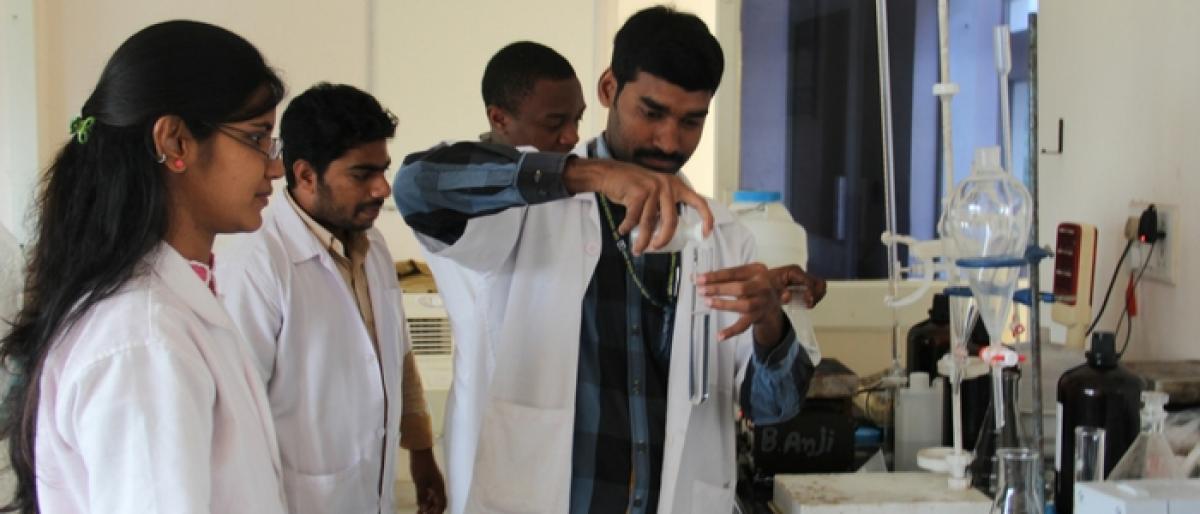IICT working on once-a-week diabetic pill

Millions suffering from diabetes, who are popping pills and injecting insulin, may be freed from the daily chore. Scientists at the Indian Institute of Chemical Technology (IICT) are working on a drug that can regulate the glucose level in the body and patients instead of popping the pill daily would need to just pop it once a week.
Hyderabad: Millions suffering from diabetes, who are popping pills and injecting insulin, may be freed from the daily chore. Scientists at the Indian Institute of Chemical Technology (IICT) are working on a drug that can regulate the glucose level in the body and patients instead of popping the pill daily would need to just pop it once a week.
Speaking to The Hans India, Dr S Chandrasekhar, director, CSIR-IICT said, “We have been working on a new structure for the last eight years. All the pre-requirements for Phase I are completed. The results so far are very promising.
The structure activity studies would start soon and what is interesting is the reactions are general.” Dr Saibal Das, senior scientist, says, “We are developing inhibitors that will sit on PPP-4 compound protein and regulate glucose level. Presently, patients pop a pill every day. We are working towards making a potential candidate that can work for a week.”
DPP-4 inhibitors work by blocking the action of DPP-4, an enzyme which destroys incretin. Incretins help the body produce more insulin. IICT scientists have been working with biologists from different countries towards increasing the half life of the compound. This means the time taken by the drug to be active in the body.
The results so far have been promising. The timeline for a drug discovery is a minimum of 15 years. IICT scientists have passed the half-way stage. Dr Chandrasekhar says, “It is a matter of when push comes to shove. We are forging ahead with several collaborations with institutes from across the world and the industry interface too is looking up. This new structure could be a boon for diabetic patients.”
He further said, “the Natural Product Division of IICT takes inspiration from natural products and comes out with new structures. The impetus is to expand ties with institutes across the world for mutual benefit in medicinal as well as chemical technology.”











